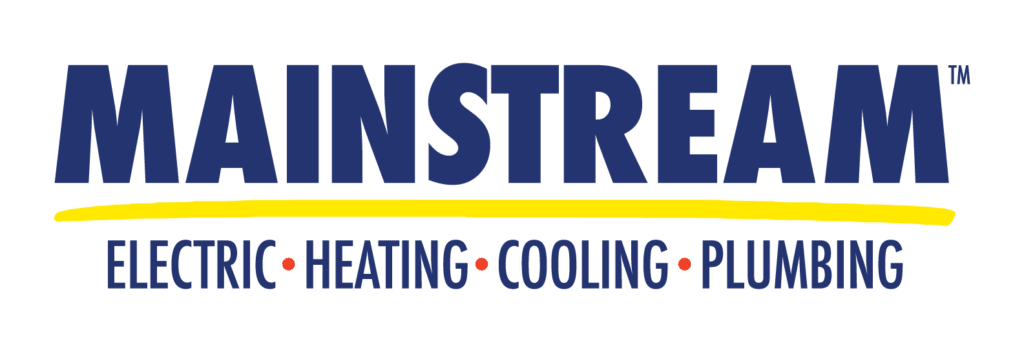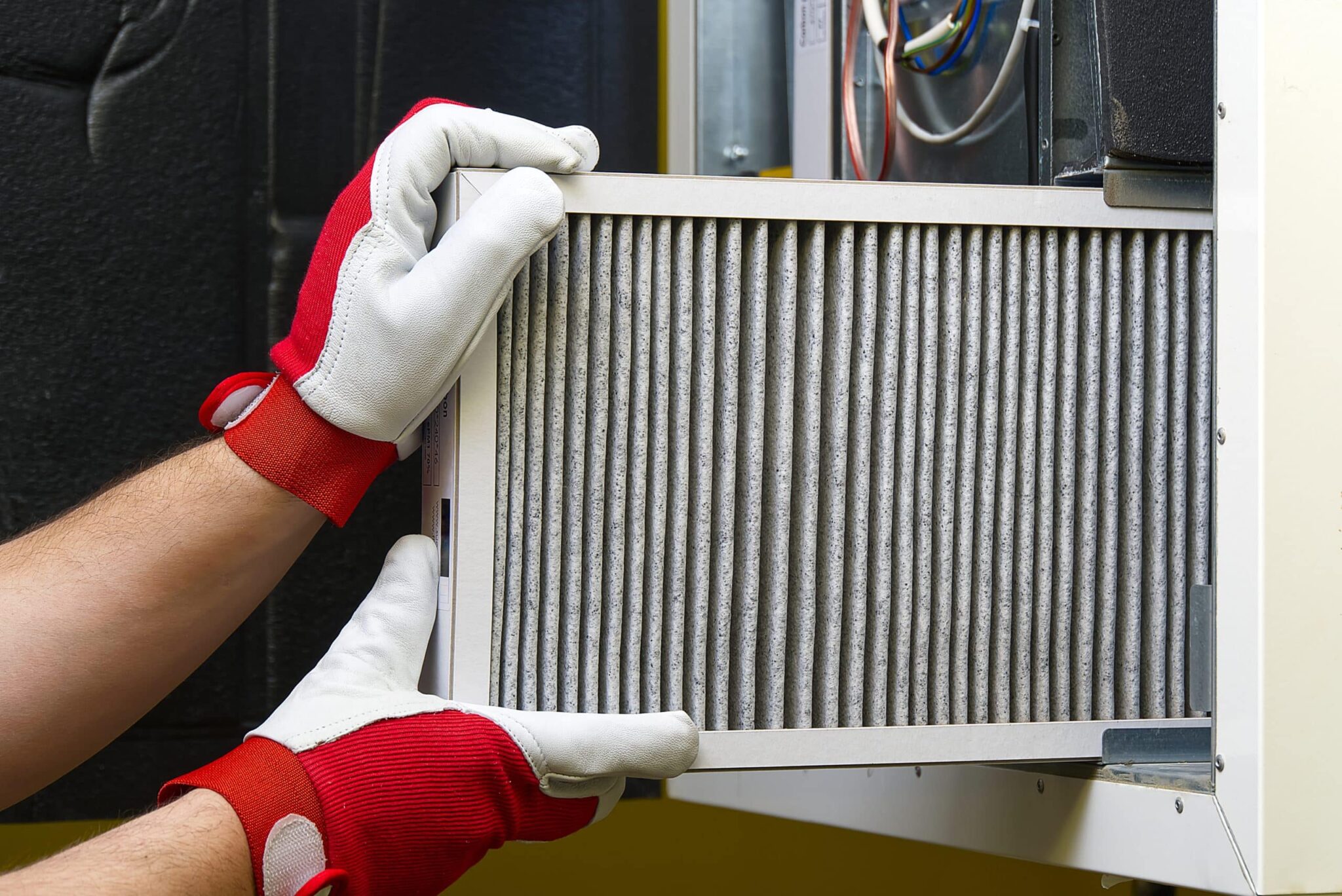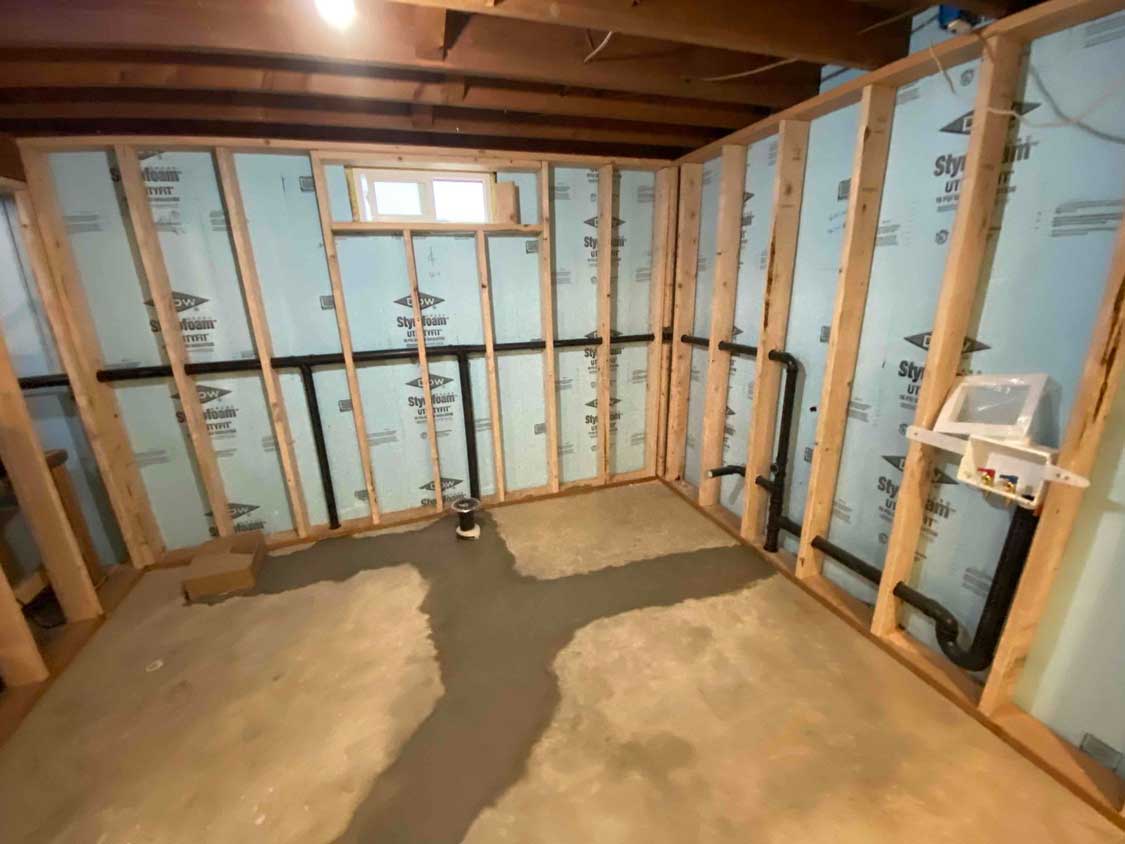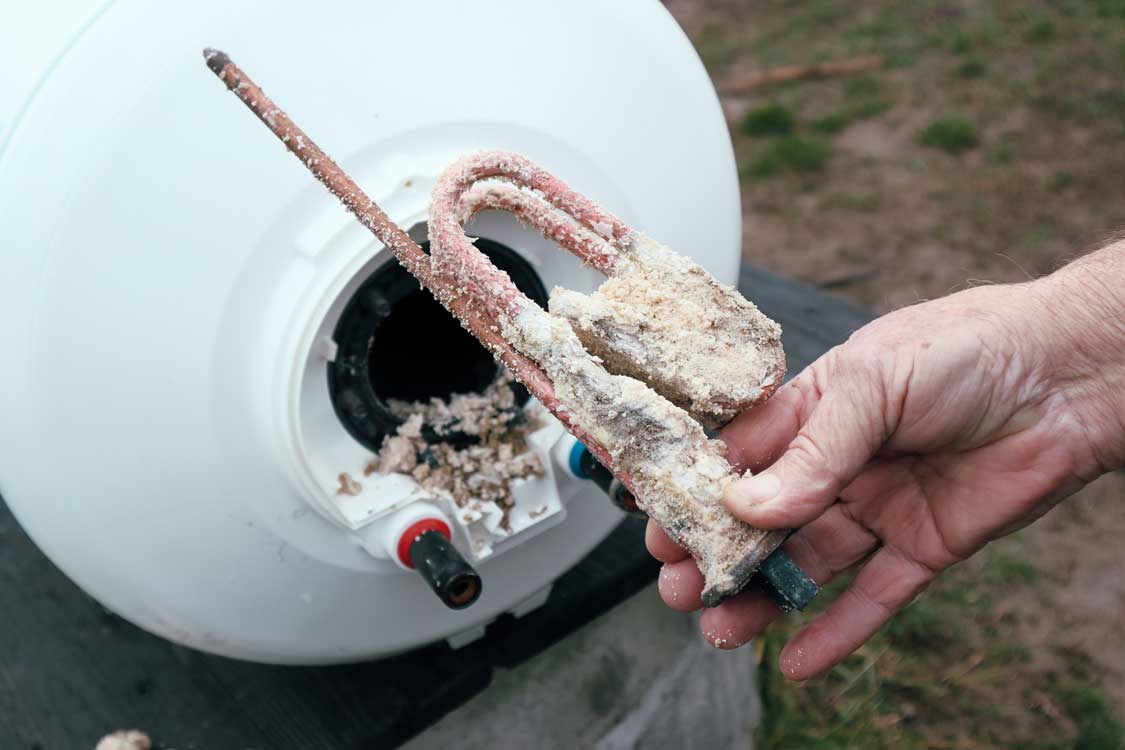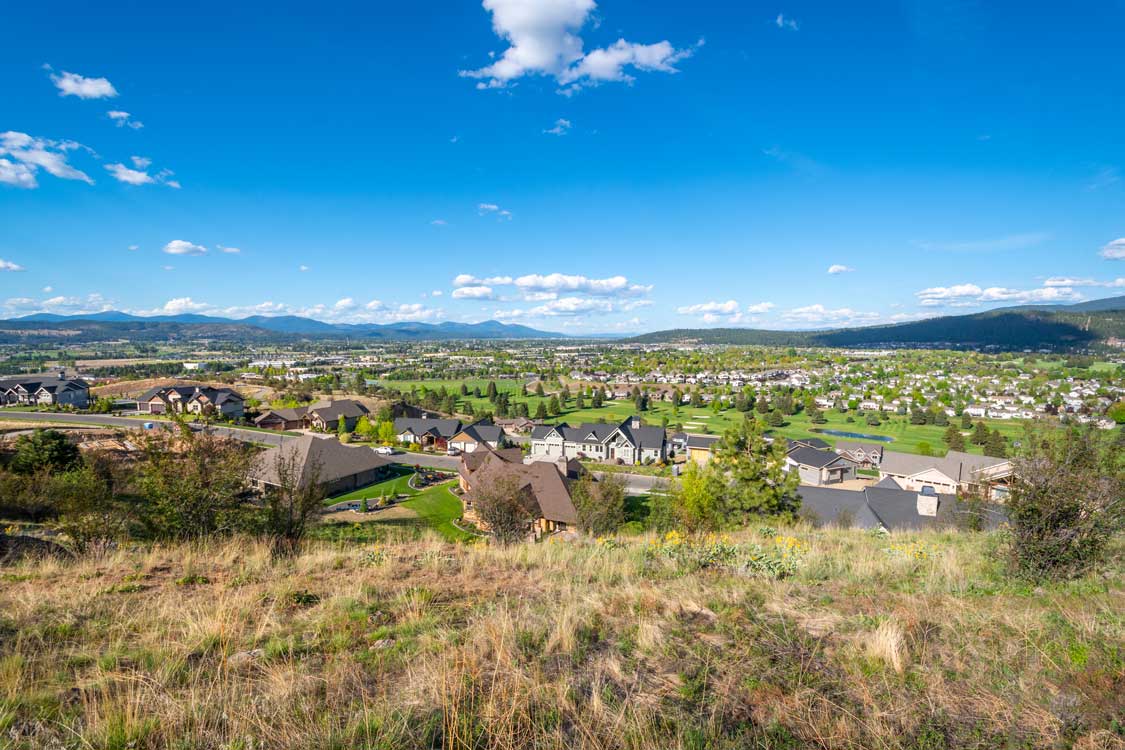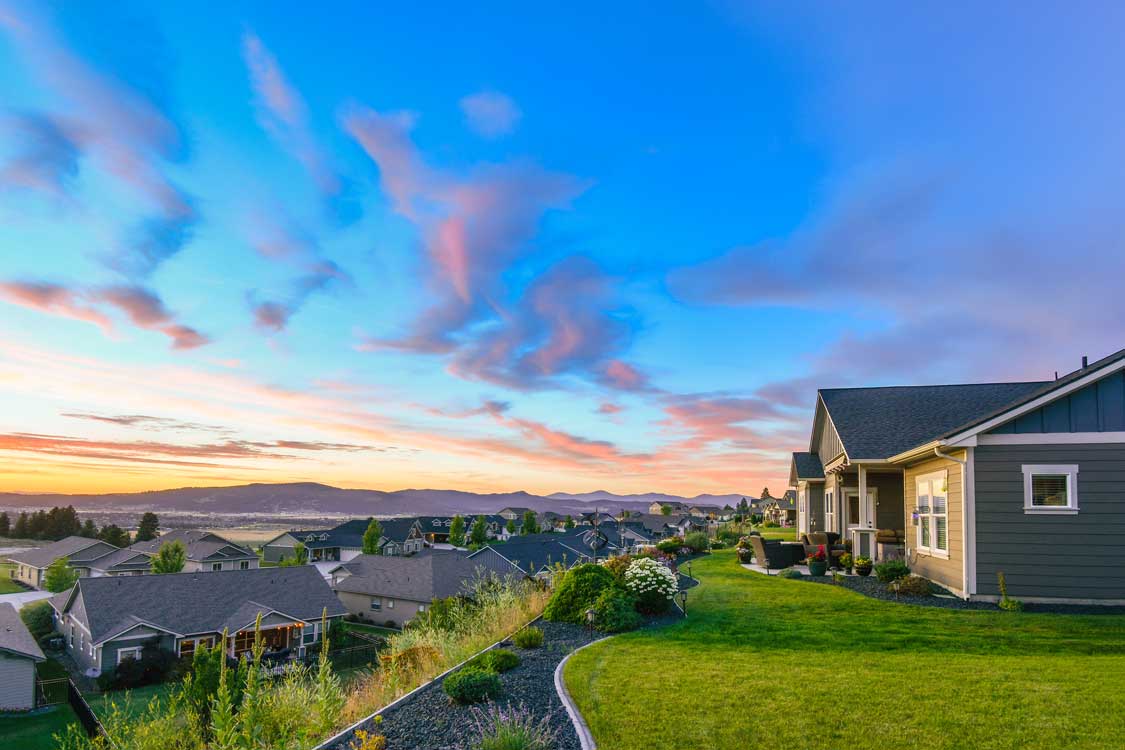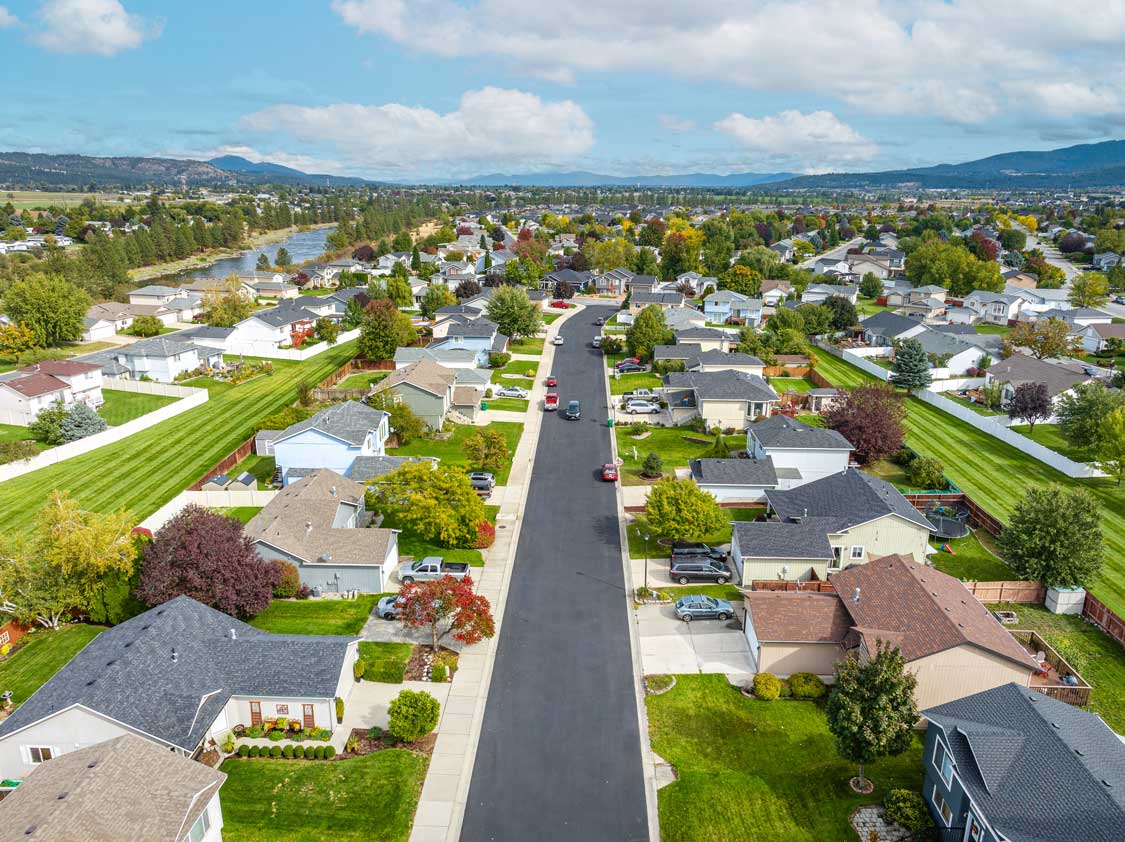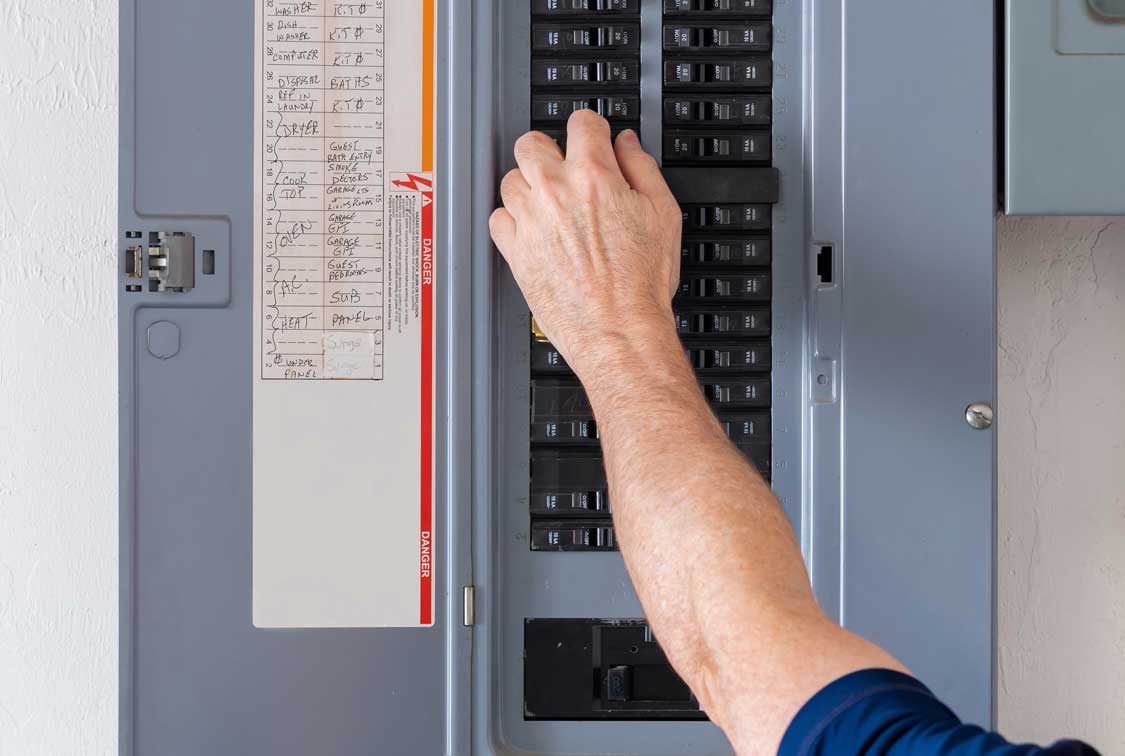Summertime can be brutal! With the humidity and temperatures in the triple digits, it’s no wonder air conditioners are a must. But with all of the different types and sizes of air conditioners on the market, how do you know which one to buy for your home?
Different Types of Air Conditioners
Homeowners need to know the different options they have when installing air conditioning in their homes.
Central AC
Central air conditioning is very common to have in a house. It circulates cooled or heated air through a system of ducts that run throughout your home.
Pros and cons of central AC:
- Pro: Cools the entire home at once through air ducts
- Pro: Reduces humidity levels
- Con: Uses a lot of energy
- Con: Need for ductwork and duct maintenance
Ductless Mini-splits
Ductless AC systems have two parts: an indoor unit that sits near the ceiling and an outdoor unit that is mounted on the wall or ground. They require no ductwork, and you can install the system for the entire home or just for one room, making it a more custom option compared to central air conditioning.
Pros and cons of a ductless mini-split:
- Pro: Controls the temperature of individual rooms or zones
- Pro: Easier installation than central AC
- Pro: Energy-efficient
- Con: Expensive upfront cost
- Con: May not be powerful enough to cool a large home
Window AC Units
Window unit air conditioners are one of the most popular ways to cool a room. They are cheap, easy to install, and don’t require any ductwork. It’s a single-unit system that must be mounted or placed in a window and can be plugged into a regular electrical outlet.
Pros and cons of a window AC unit:
- Pro: Cheap
- Pro: Easy to install
- Pro: Easy maintenance
- Con: Blocks the entire window and makes it unusable
- Con: Doesn’t work with every window
- Con: Not energy efficient for a large home
- Con: Noisy
Portable AC
Portable AC units are easy to set up – most just require plugging in a few cords and you’re good to go. They’re also lightweight and easy to move from room to room, so you can stay cool no matter where you are in your home.
Pros and cons of a portable AC:
- Pro: Fast and simple setup
- Pro: Portable, so it can be moved all around the house where needed
- Pro: Can store it during the winter months
- Con: Noisy
- Con: Not practical for large rooms
- Con: Must empty drain tanks regularly
Heat Pump HVAC Systems
A heat pump extracts heat from the air and moves it to heat or cool a home. There are a few different types of heat pumps – for example, geothermal heat pumps, also known as a ground source heat pump, use heat from the Earth instead of the air to exchange it for cooler or warmer air, depending on your needs. There are also ductless heat pumps, absorption heat pumps, and ducted heat pumps.
Pros and cons of a heat pump heating and cooling system:
- Pro: Very efficient
- Pro: Long lifespan
- Pro: Long lifespan
- Pro: Does not use gas
- Con: Installation may be complicated depending on your property
- Con: Expensive upfront cost and operating cost depending on the type of heat pump you choose
Factors to Consider When Choosing the Best AC System for your Home
Budget
Cost is always the main factor to consider when choosing virtually anything for your home, and your AC system is no different. You need to find the right system for your budget and your needs.
A portable air conditioner will have the least expensive upfront cost, and adding a central AC system and ductwork will be the most costly option. However, you should consider the long-term costs, like your energy bill, once the system is installed.
It’s also very important to consider the convenience and comfort of each system. Those factors alone may make a certain AC type or upgrade worth the cost based on your personal preference.
Energy Efficiency
Air conditioners come in a variety of SEER ratings or “Seasonal Energy Efficiency Ratings”. SEER rating requirements for your AC system can vary depending on where you live. As of 2023, newly installed air conditioners in Spokane will need to have a SEER rating of 14.
The higher the rating, the more energy-efficient the AC unit is. Lower energy bills often offset this upfront cost down the road. However, it’s essential to consider not only the upfront cost but also how long you plan to stay in your home. If you plan to stay for only a few years, it may not be worth it to invest in a more expensive, energy-efficient AC unit.
Installation Requirements
Another factor to consider is the installation requirements for each AC system type that you’re considering. For example, if you want a window unit, do you have a window large enough to support it? If you’re thinking about central AC, does your home already have ductwork? Is your home compatible with adding loops for a geothermal system?
You should answer all of these questions to understand what your home already needs to be equipped with for easy installation. Otherwise, the cost will be more expensive if your home isn’t prepared. During your consultation appointment, an HVAC professional will be able to provide you with the estimated costs of a new air conditioner depending on the type of unit and whether your home already fits the installation requirements.
Size of Home
Larger homes aren’t compatible with specific systems and will be more expensive in the long run to cool. For example, if you are considering installing a ductless mini-split or portable AC, you will need to purchase multiple units in order to cool your entire home.
In general, larger homes will be more expensive to cool, and smaller homes will be cheaper to cool. It’s important to think about this when choosing an AC system and thinking about the potential costs.
Warning: No matter what kind of system you choose, do not try to cut costs by purchasing an AC that is too small for your home! You will end up paying the difference (and more) in utility bills and repairs over time.
AC Size
Aside from the size of your home, you should also consider the size of the air conditioning unit you’ll need to cool down your home. The more space you want to cool, the larger the size of the unit. To calculate the size you’ll need, you should multiply 20 BTUs by the square footage of your home.
There are other factors to consider beyond the square footage. You may need a larger unit than you calculated if there is a lot of sunlight that comes into your home, if you have high ceilings, etc. It’s best to contact a professional for them to evaluate your home and give you an estimate. They will be able to measure your home and recommend the right size unit to fit your needs.
Weather
Lastly, you should consider the climate of the city you live in. If you live in a place with extreme heat, you want a system you know will keep your entire home cool. A system like a portable AC likely isn’t worth it if you know you’ll be running the AC all day. Throughout Washington state, for example, roughly 53% of homes use air conditioning equipment in their homes – 30% had central air conditioning or a central heat pump.
Still Aren’t Sure Which System is Right for Your Home?
If you’re in the Spokane area, Mainstream Electric, Heating, Cooling, & Plumbing will gladly help you determine the right air conditioning system for your home. Our HVAC technicians will inspect your current system, evaluate your home, and listen to your needs and budget to offer you the best options for cooling. Contact us today!
